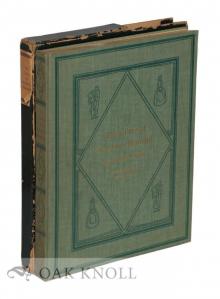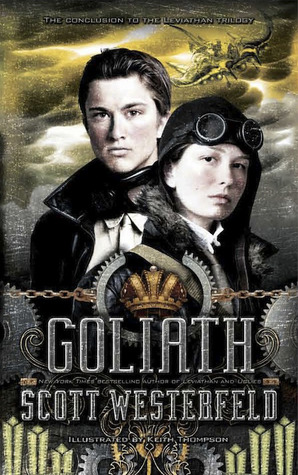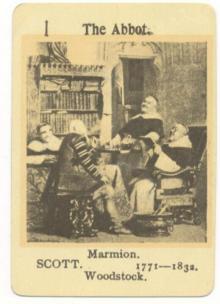The Crime of Sylvestre Bonnard


Author: Anatole France
Category: Fiction
Published: 2000
Series:
View: 290
Read OnlineI had put on my slippers and my dressing-gown. I wiped away a tear with which the north wind blowing over the quay had obscured my vision. A bright fire was leaping in the chimney of my study. Ice-crystals, shaped like fern-leaves, were sprouting over the windowpanes and concealed from me the Seine with its bridges and the Louvre of the Valois. I drew up my easy-chair to the hearth, and my table-volante, and took up so much of my place by the fire as Hamilcar deigned to allow me. Hamilcar was lying in front of the andirons, curled up on a cushion, with his nose between his paws. His think find fur rose and fell with his regular breathing. At my coming, he slowly slipped a glance of his agate eyes at me from between his half-opened lids, which he closed again almost at once, thinking to himself, “It is nothing; it is only my friend.” “Hamilcar,” I said to him, as I stretched my legs—“Hamilcar, somnolent Prince of the City of Books—thou guardian nocturnal! Like that Divine Cat who combated the impious in Heliopolis—in the night of the great combat—thou dost defend from vile nibblers those books which the old savant acquired at the cost of his slender savings and indefatigable zeal. Sleep, Hamilcar, softly as a sultana, in this library, that shelters thy military virtues; for verily in thy person are united the formidable aspect of a Tatar warrior and the slumbrous grace of a woman of the Orient. Sleep, thou heroic and voluptuous Hamilcar, while awaiting the moonlight hour in which the mice will come forth to dance before the Acta Sanctorum of the learned Bolandists!” The beginning of this discourse pleased Hamilcar, who accompanied it with a throat-sound like the song of a kettle on the fire. But as my voice waxed louder, Hamilcar notified me by lowering his ears and by wrinkling the striped skin of his brow that it was bad taste on my part so to declaim. “This old-book man,” evidently thought Hamilcar, “talks to no purpose at all while our housekeeper never utters a word which is not full of good sense, full of significance—containing either the announcement of a meal or the promise of a whipping. One knows what she says. But this old man puts together a lot of sounds signifying nothing.” So thought Hamilcar to himself. Leaving him to his reflections, I opened a book, which I began to read with interest; for it was a catalogue of manuscripts. I do not know any reading more easy, more fascinating, more delightful than that of a catalogue. The one which I was reading—edited in 1824 by Mr. Thompson, librarian to Sir Thomas Raleigh—sins, it is true, by excess of brevity, and does not offer that character of exactitude which the archivists of my own generation were the first to introduce into works upon diplomatics and paleography. It leaves a good deal to be desired and to be divined. This is perhaps why I find myself aware, while reading it, of a state of mind which in nature more imaginative than mine might be called reverie. I had allowed myself to drift away this gently upon the current of my thoughts, when my housekeeper announced, in a tone of ill-humor, that Monsieur Coccoz desired to speak with me. In fact, some one had slipped into the library after her. He was a little man—a poor little man of puny appearance, wearing a thin jacket. He approached me with a number of little bows and smiles. But he was very pale, and, although still young and alert, he looked ill. I thought as I looked at him, of a wounded squirrel. He carried under his arm a green toilette, which he put upon a chair; then unfastening the four corners of the toilette, he uncovered a heap of little yellow books. “Monsieur,” he then said to me, “I have not the honour to be known to you. I am a book-agent, Monsieur. I represent the leading houses of the capital, and in the hope that you will kindly honour me with your confidence, I take the liberty to offer you a few novelties.”
 Goliath
Goliath London Fields
London Fields The Blimps of Venus
The Blimps of Venus The Ice Wars of Dominia
The Ice Wars of Dominia Jerred's Price (Saurellian Federation 3)
Jerred's Price (Saurellian Federation 3) Giant
Giant The Abbot
The Abbot The Long Dark Tea-Time of the Soul (Dirk Gently 2)
The Long Dark Tea-Time of the Soul (Dirk Gently 2)